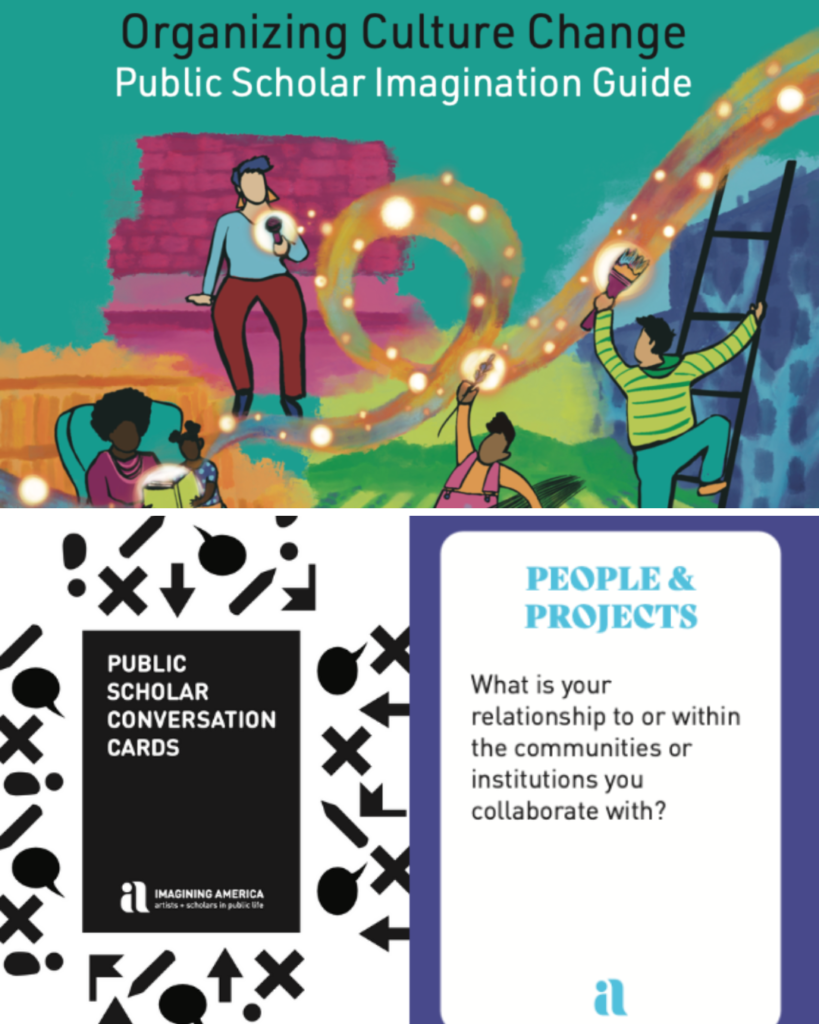Con los ojos del corazón: changing how we perceive people with Alzheimer’s and other dementias
Teresa Mesa, Senior Lecturer, Macalester College, and Centro Tyrone Guzman Board of Directors.
Abstract
Latinx elders who come to the United States as immigrants or refugees often face economic, cultural, and language barriers. These obstacles may be even more challenging when they struggle with physical or mental health issues such as Alzheimer’s or other dementias. In addition, there are minimal resources in Spanish available to elders and their care partners, which contributes to the isolation and invisibility of Latinx elders. In collaboration with Centro Tyrone Guzman, a Latinx organization working with Latinx immigrants in Minneapolis, Con los ojos del corazón / With the Eyes of the Heart documentary film is based on interviews with nine elders and their families from the Wise Elders program. It offers an intimate look at the daily challenges that immigrant Latinx families and Latinx elders face through storytelling. The film gives voice to people with dementia, challenges how dementia is perceived and portrayed and brings visibility to Latinx elders with Alzheimer’s and other dementias.
Project Narratives
“Embracing a love ethic means that we utilize all the dimensions of love -care, commitment, trust, responsibility, respect, and knowledge- in our everyday lives.”
——bell hooks
As the very privileged daughter of illiterate migrant peasants, I have found a home in a foreign land. In the land of the Dakota people, Mni Sota Makoce, I have found a job as an adjunct professor. I have raised a son who graduated this year from my institution. For the past 16 years, I have devoted all my energy to teaching and working, in different roles, in collaboration with Centro Tyrone Guzman in Minneapolis. This case study, the documentary film “Con los ojos del corazón / With the Eyes of the Heart: An intimate portrait of Latinx families living with Alzheimer’s and other dementias,” is the culmination of that relationship. It would have not been possible without the foundation of trust established over the years and the support of the inspirational women behind this project: Roxana Linares, Sandra Reyes, and Yolima Chambers, whose work and love ethic for the Latinx community is the force behind the organization.
Building trust, building relationships
My first collaboration with Centro Tyrone Guzman was through a community-based learning course I taught in Spanish in 2007. That first oral history project in partnership with the Wise Elders program holds a special place in my heart. Doña María Quito, from Ecuador, completed one of the first interviews for the project and later became a narrator for the documentary film. Since then, I have personally interviewed more than 100 elders. I have led conversations and workshops with groups of women and focus groups with parents and youth throughout the years. In 2015, I facilitated Guerreras del Norte, a women’s group focused on art, identity, and migration, to develop the narrative for a group mural led by artist Leilani Mendoza. In this program, women were empowered to create art based on their personal experiences and utilized their voices to translate their struggles and hopes to their communities and the world. The mural’s title by majority vote was “Imagine a World Without Borders.”
On specific occasions, I have played the honorable but undeserved role of “la maestra,” the teacher. That’s how Don Aguilar (a pseudonym) addresses me. Reyes Aguilar, a Nahuatl immigrant peasant, living in Minnesota, wrote his own story in Spanish. It took him 20 years to write it. He came to Centro Tyrone Guzman seeking help with the grammar and its publication. His story, like all the other stories mentioned here, is connected to the Latin American tradition of Testimonio. Testimonios center on first-person narratives as examples of subjectivities intended to be representative of collective experiences and struggles. On a more intimate yet political level, these testimonies seek visibility and reclaim humanity that has been questioned, violated, or betrayed.
Many times, especially from women, we have been asked to write their stories into a book as a testimonio and a lesson in humanity for other immigrants. This is the case of the group that participated in Sofia Halperin-Goldstein’s honor thesis “Somos mujeres y seres humanos” (We are women and human beings), which was focused on healing through the sharing of life stories with survivors of domestic violence. Other times, our participants and interviewees discovered the power of storytelling within themselves and became future narrators. This was the case for Memorias del Futuro, Memories of the Future. In collaboration with Mexican photographer Xavier Tavera, who is also the director of cinematography for our documentary film, we photographed and collected objects and stories for the Tenement Museum’s Your Story Our Story, featuring American personal stories of immigration and migration. In 2018, the Minneapolis Institute of Art sponsored a community exhibit with 47 of those photographs and printed Memorias del Futuro, Memories of the Future: Our Elders Tell Their Stories, a book of short stories that includes the narrators of our Alzheimer’s documentary “Con los ojos del corazón.” Inspired by the exhibit, another 24 seniors from the program requested to tell their stories and contribute their objects.
All the projects we created and all the courses taught with Centro followed the principles of Community-Based Participatory Action Research. In doing so, Centro staff decided on the project and its scope and were involved in all the stages from planning to evaluation. Centro was also an integral part of the teaching and learning process with students and families. The Ethics of Civic Engagement was our most ambitious and complex course. That semester, the Raíces family program, around 60+ people including students, gathered every Friday at Macalester funded in its entirety by Centro Tyrone Guzman. The sustained commitment to this kind of work is rooted in trust, respect and responsibility. A responsibility bestowed upon us by families and individual narrators with their stories and their knowledge. So, for the past decade and a half, I have practiced radical listening, and I have been trusted and gifted with powerful storytelling. Even after revising different versions of our documentary film, that power is always there. It makes you smile, it makes you tear up, and it makes you reconcile with humanity. 2021 brought many challenges for all of us, and to be able to finish our documentary was one of them. Centro’s families kept us committed and optimistic, and we were able to fulfill the promise we made in 2018 when we started the Alzheimer’s project.
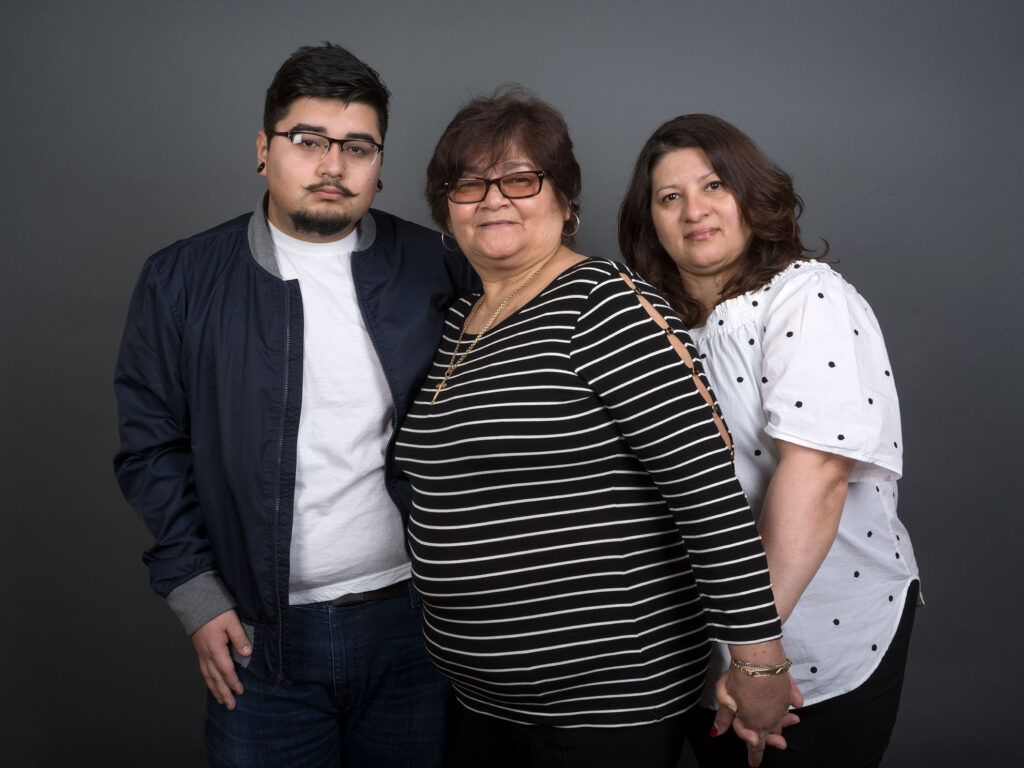
Con los ojos del corazón Alzheimer’s Project
After participating in the Minnesota Historical Society’s offering of the House of Memories museum led-dementia awareness training program, I was invited to join Centro Tyrone Guzman Alzheimer’s Awareness team as a Centro board member and worked with a cohort of twelve Latinx elders and their caregivers to create a Memory Book based on the “House of Memories” model. The book guides Latinx elders and their caregivers by identifying objects of importance from the elder’s past and using these objects to initiate conversations, reminisce, and contribute to the self-esteem and well-being of the elder or the person living with Alzheimer’s. Another strategy explored in the memory book is to visit museums where families and elders can engage in storytelling about the past through objects and cultural images. We have developed activities to connect Latinx elders and their families to local museums to help build connections between communities and foster intergenerational relationships within the community.
This project was shared through an exhibit at Mill City Museum in Minneapolis, MN, entitled “Con los ojos del corazón / With the Eyes of the Heart,” with photographs of the elders by Xavier Tavera. As a result of years of work that concluded in this key initiative, “Centro Wise Elders” (Centro Tyrone Guzman) was the recipient of the 2019 Innovations in Alzheimer’s Caregiving Award by the Family Caregiver Alliance: National Center on Caregiving. The documentary film of the same title is based on interviews with nine of the participating families. It offers an intimate look at the daily challenges that immigrant Latinx families and Latinx elders face through storytelling. The film gives voice to people with dementia, challenges how dementia is perceived and portrayed and brings visibility to Latinx elders with Alzheimer’s and other dementias.

Interrogating perceptions and stereotypes
As the Alzheimer’s team discussed how to portray Centro’s families in the film during the pre and post-production stages, our reflections focused on the benefits or the potential harm to people with dementia in terms of their wellbeing, dignity, rights, relationships, and roles in their families, communities, and society at large. The creative process and the selection of stories and clips for the construction of the film was also an opportunity for the director to ponder the limits of the creative imagination, and specifically, the role of trauma in the film. Some interviews provided cathartic moments of intergenerational trauma. Even as we tried to stop filming and comfort the elder, we were asked to bear witness to those memories. Aurora Levins Morales’ work on Medicine Stories (1998) reminds us of the healing power of storytelling. We witness that power through the narratives of the elders in the film. Their memory, both individual and collective, is a significant site of struggle when connected to the largest source of trauma which is oppression. Some of those stories did not make it to the final cut. But the connections between trauma, oppression, and memory loss or dementia are made implicit by the family members, whether on or off-camera. This was, without a doubt, the central ethical dilemma in editing the film: to respect the intimacy and privacy of the families while still keeping the experience of living with Alzheimer’s and other dementias at the center of the narrative. Other ethical issues the film deals with are the perception and portrayals of dementia and people with dementia. In traditional representations, there is usually a focus on the late stage of dementia, which becomes representative of the whole trajectory of dementia. People also speak on behalf of those with dementia who rarely have the opportunity to speak for themselves, and the burden of dementia on the family is emphasized.
Our main goals for the documentary are to contribute to the visibility and raise awareness of the impact of Alzheimer’s in Latinx immigrant families and communities and in the process, challenge media and film representations of people with Alzheimer’s and other dementias. The film tries to do that by questioning the single-story narrative often told and instead emphasized a plurality of voices and collective experiences. Another intentional strategy used is to avoid portraying people with dementia only through the lens of that condition. During the interview process and the different workshops with the families, we engaged the elders as persons with valuable past, present, and future contributions. The elder narrators are strong, charismatic individuals whose identity calls into question our perceptions and stereotypes about dementia. Giving voice to people in different stages of the condition, the film also tries to portray dementia and Alzheimer’s as a process and not just an end, thus avoiding the “empty shell” stereotype of the late stages often depicted in film and media.
Using these strategies, the film centers experiential knowledge and lived experiences, otros saberes, and challenges notions of cultural capital. Tara J. Yosso (2005), in her discussion of community cultural wealth challenges racism in Academia, addresses the debate over knowledge in the context of social inequities, and, inspired by Gloria Anzaldúa, establishes six forms of capital such as inspirational, navigational, social, linguistic, familial, and resistant capital. Listening to the immigrant Latinx families portrayed in the film, we can see their wounds and fears but also their heart and aspirations. Their ways of knowing provide them with mechanisms of survival and resistance. It is an affirmation of cultural wealth and cognitive justice that challenges notions of cultural deficit. One of the most important contributions of the families is their understanding of inclusion and reciprocity as integral elements of living well with Alzheimer’s or other dementias. The inclusion of the elders in the daily life of the family and the adoption of strategies to better communicate with the elders and make them feel recognized and valued. And the radical understanding of reciprocity and connectedness: “Now it is our turn to take care of them.” Every single family member expressed their commitment and their responsibility towards their elders. Caring is a responsibility that defies the “burden” stereotype and invites the audience to see people with dementia with the eyes of the heart, con los ojos del corazón.
This is Centro Tyrone Guzman granito de arena, our grain of sand to make our world a better, more compassionate place. We believe that the conversations and dialogues that took place during this project were in the spirit of what bell hooks (2000) calls an ethic of critical love based on “care, commitment, trust, responsibility, respect, and knowledge.” We hope that the stories in our film will inspire a love ethic towards families and individuals living with Alzheimer’s and other dementias, for that is the real meaning behind its title.
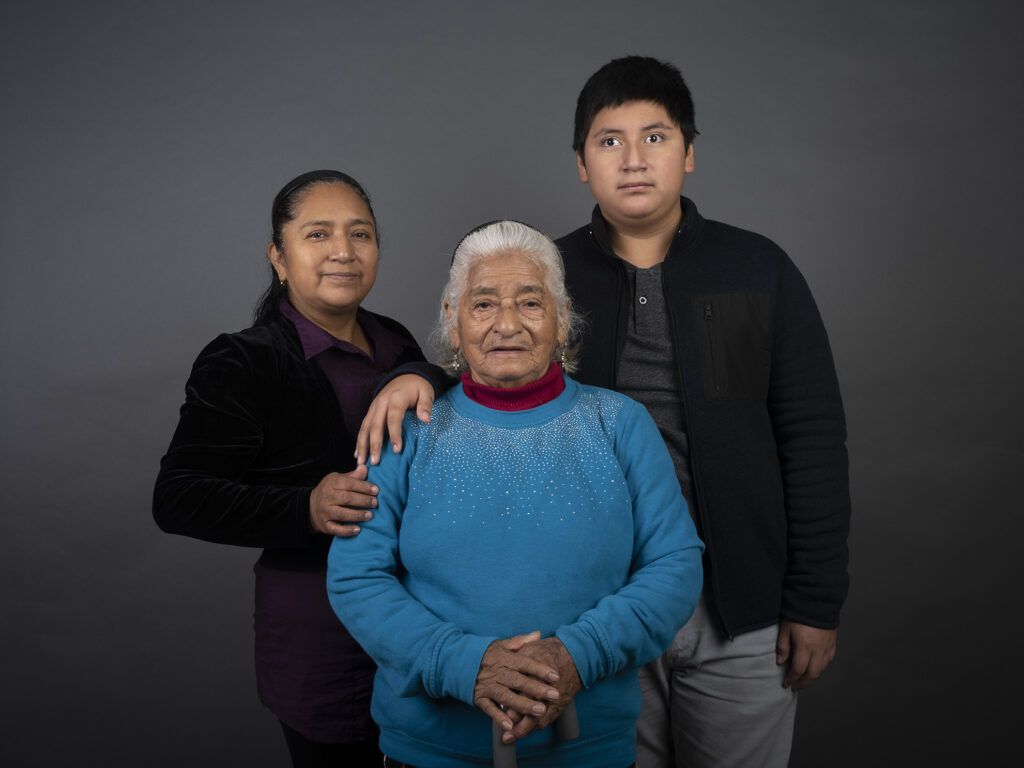
Next steps
With many lessons learned, our next steps marked the full circle of the Con los ojos del corazón project. First and foremost, we owe Doña Bety Fuentes her own short documentary. She is the main narrator in the documentary and the one who gifted us with the film title. We plan to interview her again, four years after our first conversation, in the hopes of further documenting her experience living with Alzheimer’s and memory loss. Second, we’ll be finishing Con los ojos del corazón website, which will include the full-length documentary film, photographs of the families and elders by Xavier Tavera, the stories of the objects, and the Memory Book. The last piece of this project is the creation of a Cultural Interpreting Museum Training Program in Spanish in collaboration with the Minnesota History Center. The film will be integrated into that training and into the continued work of the organization with Latinx families living with Alzheimer’s and other dementias. The Alzheimer’s team will work together in the Spring of 2022 to pilot the training program with the students from the Translating Human Rights course, thanks to the support of a Pericles grant to incorporate a civic engagement component into the course. Finally, Centro Tyrone Guzman has been awarded a generous grant from the Minnesota Historical Society to film twenty oral history interviews with participants from the Wise Elders program. This will occur during the pre-production phase of two new short documentaries: Women of a Certain Age and Masks. Through this new project, we hope to contribute to the understanding of how gender role issues have impacted Latinx elders’ experiences of sexuality, health, self-esteem, and aging.
In closing, this indie documentary, with an almost non-existent budget, is a testament to the resilience of Latinx immigrant families who live with Alzheimer’s, memory loss, and other forms of dementia. It’s also a celebration of the long-term partnership between Centro Tyrone Guzman and the Latinx families who contributed their knowledge and personal narratives. Our main gratitude goes to the families, the real protagonists of this film, for their trust and their teachings. We hope other people and families facing these challenges will find inspiration and empowerment through their testimonies. We are grateful for everyone involved in this process, from filming, editing, coloring, captioning, or sound mixing. Some relationships were more challenging than others, but all provided us with opportunities to learn and grow in the word’s most literal sense. We are especially grateful to friends and families from the Americas and across the Atlantic who watched versions of the film, offered their candid feedback, understood our technical limitations and frustrations, and were touched by the stories told. Special thanks to the generous support of Dave Collins and to C. Ryan Stemple from Quicksilver Color, who touched our hearts. Thanks to Imagining America and Christina E. Preston for their kind support and flexibility. And thanks to Macalester College, even at the unrecognized and unacknowledged margins of academia, it is possible to work toward a more just and equitable world.
References
hooks, bell. 2000. All About Love: New Visions. New York: William Morrow.
Levins Morales, Aurora. 1998. Medicine Stories. History, Culture and the Politics of Integrity. Cambridge MA: South End Press.
Yosso T.J. 2005. “Whose culture has capital? A critical race theory discussion of community cultural wealth.” Race Ethnicity and Education, 8:1, 69-91.
